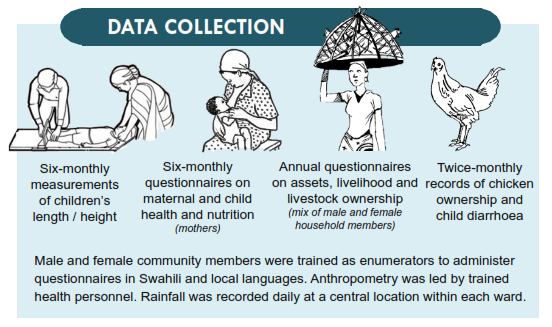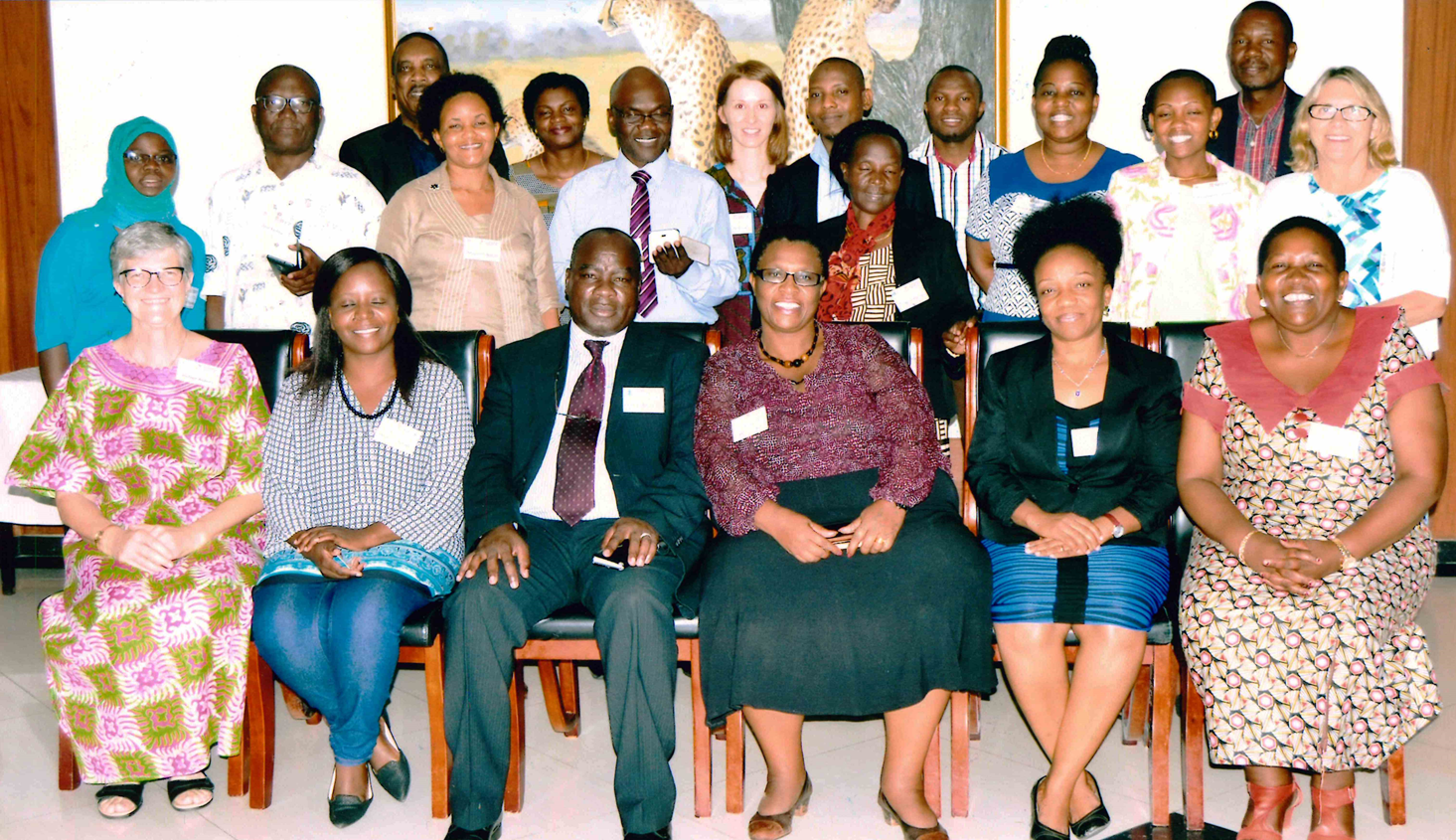Investigating the contribution of chickens to food and nutrition security:
Nkuku4U in Tanzania and Zambia enters its 4th year.
KYEEMA supports the Australian Centre for International Agricultural Research-funded program in Tanzania and Zambia which is implemented by the University of Sydney and aims to strengthen food and nutrition security through family poultry and crop integration. KYEEMA Board director and founding member, Associate Professor Robyn Alders AO, is the project leader.
The 7th project coordination committee meeting was held in May in Dar es Salaam, Tanzania. Project staff are committed, relationships are solidly grounded, activities implemented have ongoing and considerable dedication from the leadership at all levels and initial results from the field are promising. This has been achieved, despite the challenges in projects of this nature, as collaborator Professor Richard Kock from the Royal Veterinary College explains:
“Projects of this nature in Africa are notoriously difficult to go beyond rhetoric to real impact. Seemingly, the bigger the project the more diluted the effect. This is not surprising given the very real problems project staff and communities face, particularly women.”
The project continues to show how important chickens for many rural African households, and how sustainable and simple village poultry systems are – with a low ecological footprint and with the potential for low-cost interventions, like Newcastle disease vaccination, to improve production.
There has been a genuine concern amongst some research groups that contact with poultry manure may contribute to diarrhoea, enteropathy and restricted growth in children – common problems in many rural communities. Investigations on this project suggest otherwise. Veterinarian and PhD candidate Dr Julia de Bruyn from the University of Sydney explains her research findings to date:
“Current findings suggest a positive association between chicken ownership and improved growth, even when poultry are kept within human dwellings, and no increased risk of diarrhoea amongst children. Ongoing research is exploring the contributions of chickens in times of rainfall variability.”
A snapshot of Dr de Bruyn’s research poster, presented at the inaugural Planetary Health / GeoHealth Annual Meeting in April 2017, which explains her data collection methods.




